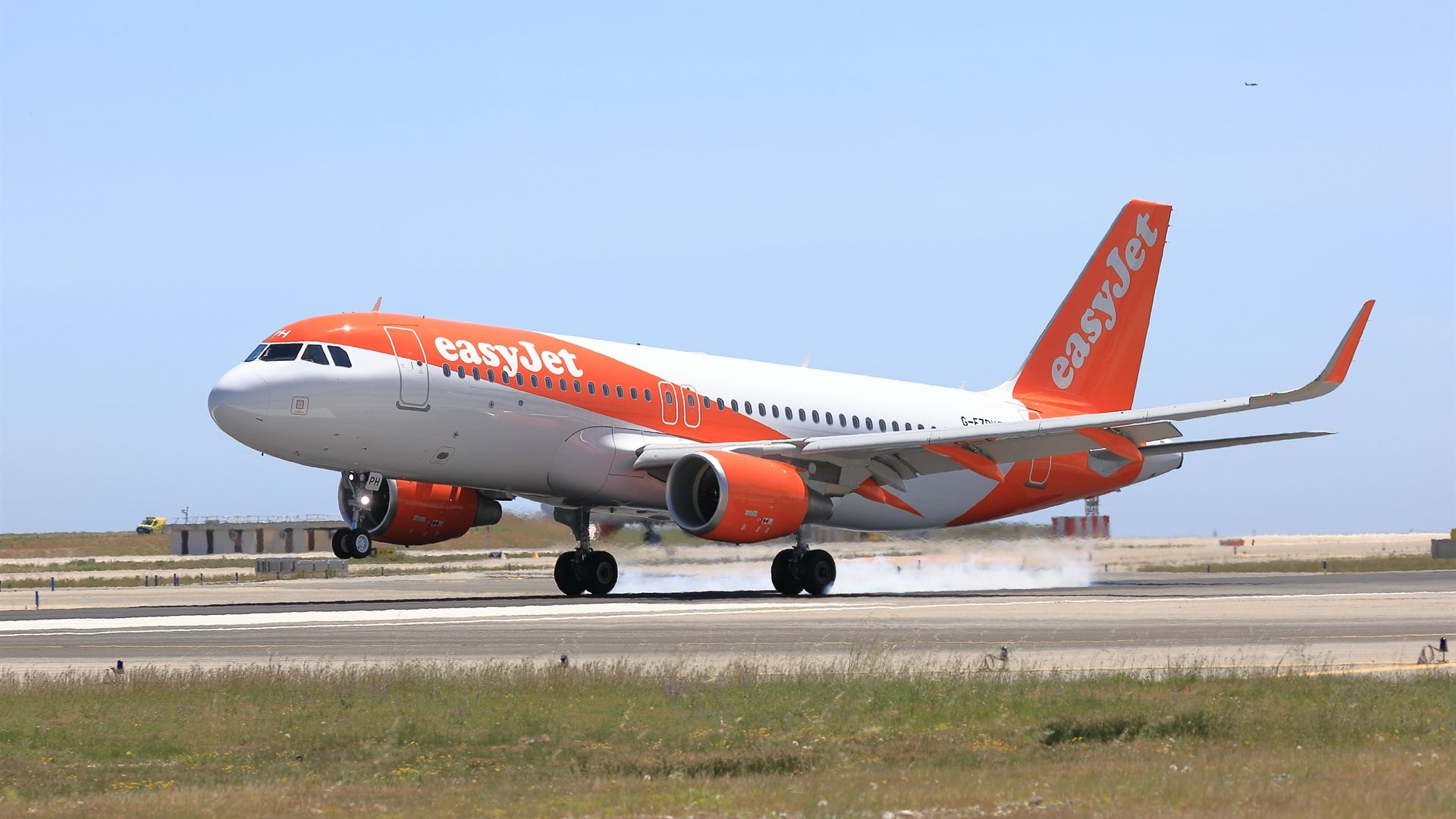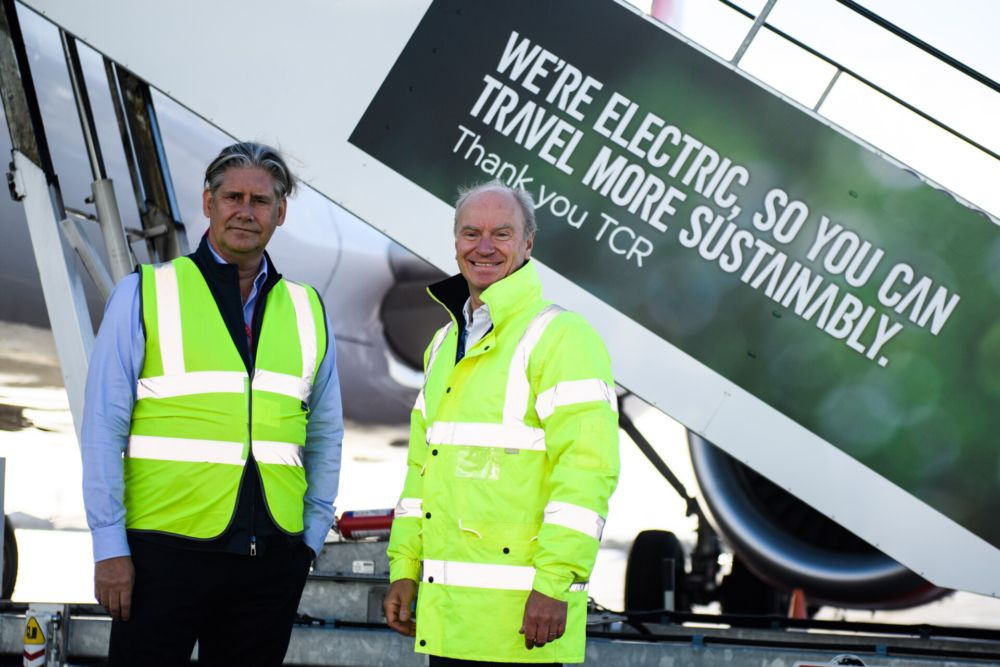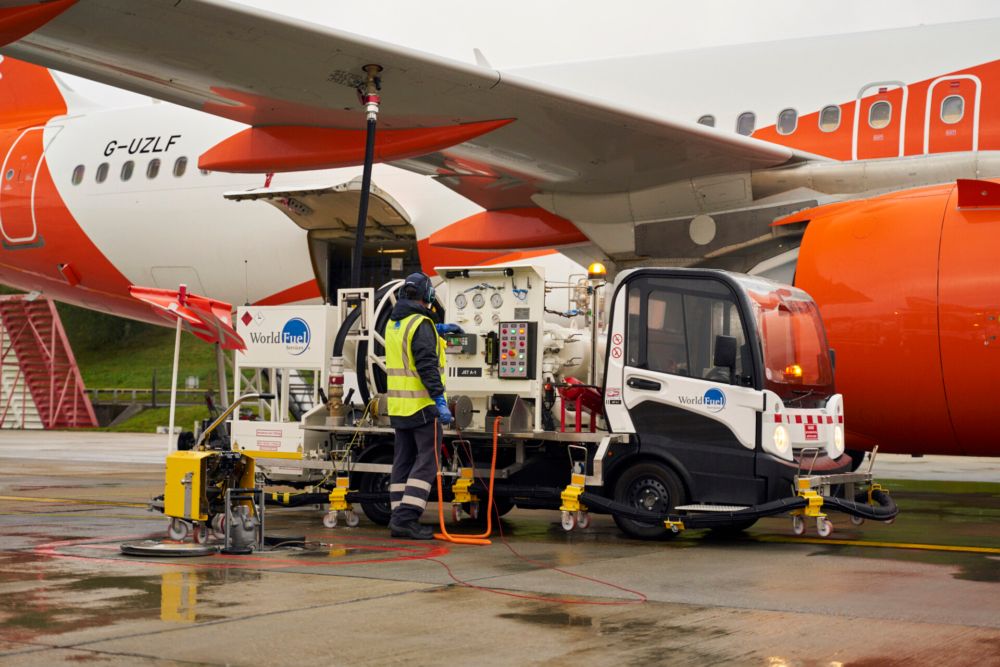Endeavors to increase the supply and lower the cost of Sustainable Aviation Fuel should be a great thing. Well, not if it only focuses on short-term solutions in the form of biofuels, easyJet's Johan Lundgren believes. The low-cost CEO, whose airline is the only major European carrier to carbon offset all of its flights, warns that this may direct efforts away from more promising solutions in the form of Power-to-Liquid fuels.
SAF hard to find - even when there is cash
Sustainable Aviation Fuel (SAF) is being heralded as one of the key components in the efforts to reduce the industry's CO2 emissions. Opinions about SAF differ, although most agree that it is at the very least an interim solution until decarbonizing technologies are fully available. IATA believes the proliferation of SAF will account for about 65% of an industry-wide net-zero by 2050 target.
Thus far, SAF has been notoriously expensive at about three times the price of conventional jet fuel. It is also hard to come by, even when airlines are willing to pay the premium. When Etihad recently operated its 'Sustainable Flight' from London to Abu Dhabi, the airline wanted to use 50% SAF - the maximum for which it is currently certified. The entire supply at Heathrow Airport topped out at 36%.
So no wonder the industry is calling for incentives for producers to scale up production of the current generation of SAF. Today's fats, oils, and greases (FOGs) and biomass and waste fuel produce between 50% to 80% less CO2 emissions throughout their lifecycle than fossil-based fuels. However, not all SAF is created equal, and there are more efficient alternatives on the horizon.
'Tremendous re-engineering' misguided
The so-called E-fuels, Power-to-Liquids or synthetic kerosene, promise to emit up to 99% fewer greenhouse gases than today's jet fuel. As such, some are concerned with too much investment going into current generation SAF and not enough into tomorrow's PtLs.
"Biofuels and their feedstock are not sustainable long-term solutions. You have to move towards more efficient and sustainable Power-to-Liquid fuels. My concern is that if there is a huge amount of effort and resources now going into setting up capacity and supply of biofuels (...) we have to make sure that does not remove resources from setting ourselves up for the E-fuels," the easyJet CEO said during the EUROCONTROL Sustainability Aviation Summit at the beginning of the week.
"If you try to sort of the cost and supply issue with today's biofuels with tremendous re-engineering - that is not going to be the solution that is going to take you beyond 2035," Lundgren continued.
easyJet uses SAF out of Gatwick
While the easyJet CEO does not believe that SAF will significantly impact short-haul emissions before the arrival of the E-fuels sometime after 2030, his airline recently began using biofuels to power its planes. The first easyJet service using SAF took off from Gatwick Airport in mid-October. During COP26, the carrier operated all of its flights to Glasgow on a 30% biofuel blend.
Do you agree with the easyJet CEO assessment? Leave a comment below and let us know.



